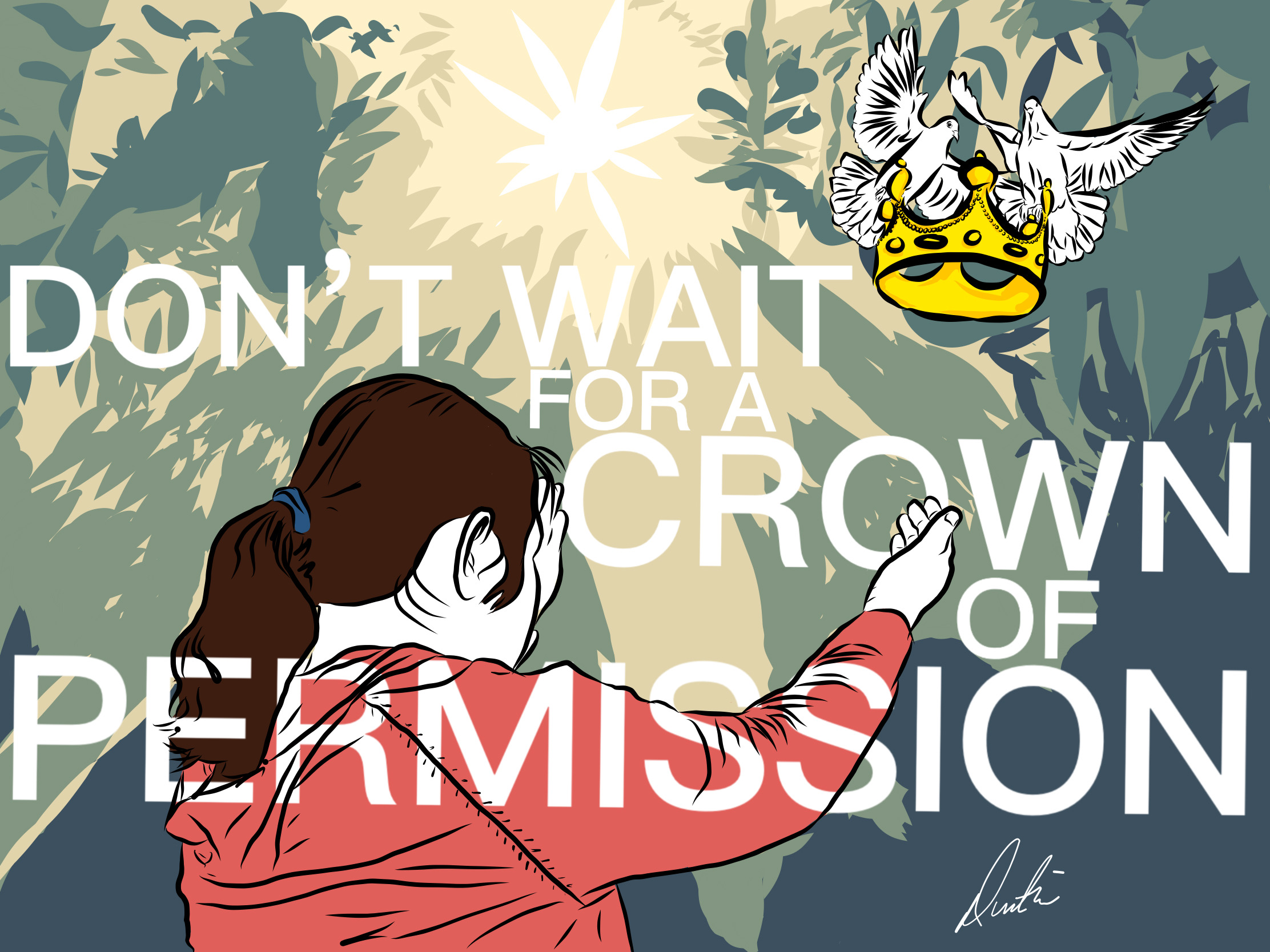Some young, aspiring singer is about to put herself out there. She stands before a panel of judges who will not spare her feelings. They will rip her to shreds if she fails. But, she believes she can knock their socks off with an incredible performance. We see clips of her journey and hear how her family believes in her and have seen her prepare for this moment to let the world see how amazing she is.
The music starts. The singer clears her throat. Her mouth opens… and she is terrible. She’s off pitch. She forgets words. You can hear the nervousness in her voice. The judges stop the music and say, “No! No! No!” every possible way. Some very harshly. The singer asks for another chance. She says they don’t get it. Her mother comes from off-camera to tell them how wrong they are. But we, the audience, agree with the judges. She is not good, and that–whatever it was–was embarrassing.
Why do we like this so much? We want to see amazing talent being found in unlikely places. But we also wanted to see these “delusional” folks discover they don’t have what it takes. Why?
Part of the reason is schadenfreude. We get strange delight in the suffering of others. But, we also want to assure ourselves “I would never embarrass myself like that!” We would do it the right way. We would get validation from an agent before we would attempt something like that.
But that’s just as wrong as expecting a televised “talent show” to pick you despite the fact that you obviously lack the skill to succeed at that level. We use this as an excuse to hide. But instead of hiding or taking a swing at being an overnight success, what if we choose ourselves every day?
Authority will only validate you when it benefits them. So, don’t wait for the clouds to part as doves descend with your crown of permission.
And don’t use their anticipated rejection as an excuse to hide.
Continue doing the work and–as Steve Martin said, “Be so good, they can’t ignore you.” Continue picking yourself. By the time they realize they want you, you won’t need them.

